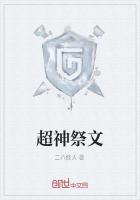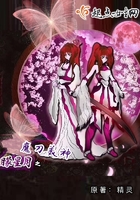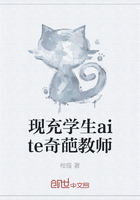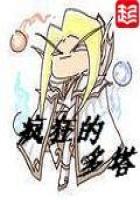I Love You, My Twin Sister
佚名 / Anonymous
I am a healthy twenty-three-year-old girl, born with normal vision, normal hearing and normal speech. My twin sister, Dawn, was not born so lucky. My mother was very young when she had given birth to my sister and me. Because we were born so early we were placed in incubators until we were three weeks old.
While in the incubator, the doctor administered too much oxygen to my sister. She was later diagnosed with cerebral palsy, a nervous disorder which causes a malfunction in the sensory motor skills and also brain damage. She had undergone several unsuccessful surgeries to restore her sight which was completely gone in her left eye and only 68% detectable in her right eye.
Along with a slow developing brain, and legal blindness, it was also determined that she was legally deaf in her right ear. She had to wear braces on her legs and she had to walk with crutches. She stuck out like a sore thumb connected to all these contraptions, often causing people to stare and point.
While growing up a twin, I felt my identity was not my own. I wanted to just be Donnette, NOT DAWN’S TWIN SISTER. We lived in a small neighborhood where my sister was the only “different” child. We were both constantly picked on, and we never had any friends because of my sister’s condition. I began to loathe my sister, and I did everything and anything to get her into trouble to get back at her being born mentally retarded and physically disabled.
I felt like she was a constant thorn in my side. I was embarrassed to be seen with her, so I made fun of her right along with the other children. When I turned twelve my mother was so disgusted with my behavior towards my sister, she figured I was old enough to know better, and that I should love my sister for who she is, for that is the way God created her.
My mother threw me in my bedroom and gave me a thick yellow book which looked to me like a photo album. What I saw in that book changed my life and my attitude about the way that I viewed my sister and other handicapped people like her.
There were numerous baby pictures of my sister and I dressed alike, the only difference: Dawn was hooked up to tubes and needles and machines. She had her hands and fingers taped so that she would not compromise the patch on her eye from surgery. She looked like a mummy. I looked small and peaceful.
There were also several pictures of the two of us in the hospital until we were three years old. Once again, Dawn was wrapped up in a glorified mummy outfit, with tubes and needles attached to her everywhere. If you looked closely, you could see the pain reflected in her eyes. The picture that stood out the most was a Polaroid snapshot of the two of us in the crib hugging each other. The caption below read, “I am so happy to get a visit from my twin sister, Netti. The doctors make me cry. She makes me laugh.”
I noticed one common factor in all of the pictures: even though she was in a great deal of pain, and suffering so much, this baby girl, who some would call a handicapped retard, smiled so big for the camera. I realized then what my mother was trying to show me. I felt ashamed at the way I treated her, and I cried myself to sleep.
Later that evening, my sister crawled over and woke me up for dinner. I kissed her and hugged her and profusely apologized for my behavior. She looked at me with uncertainty in her eyes. I knew she did not know what I was talking about. But I knew, I knew.
From that moment on, I was my sister’s protector. No one was going to hurt her for any reason. If the children in the neighborhood did not want to play with us because of my sister, so be it. We would play with each other. We did not need them. We were inseparable.















